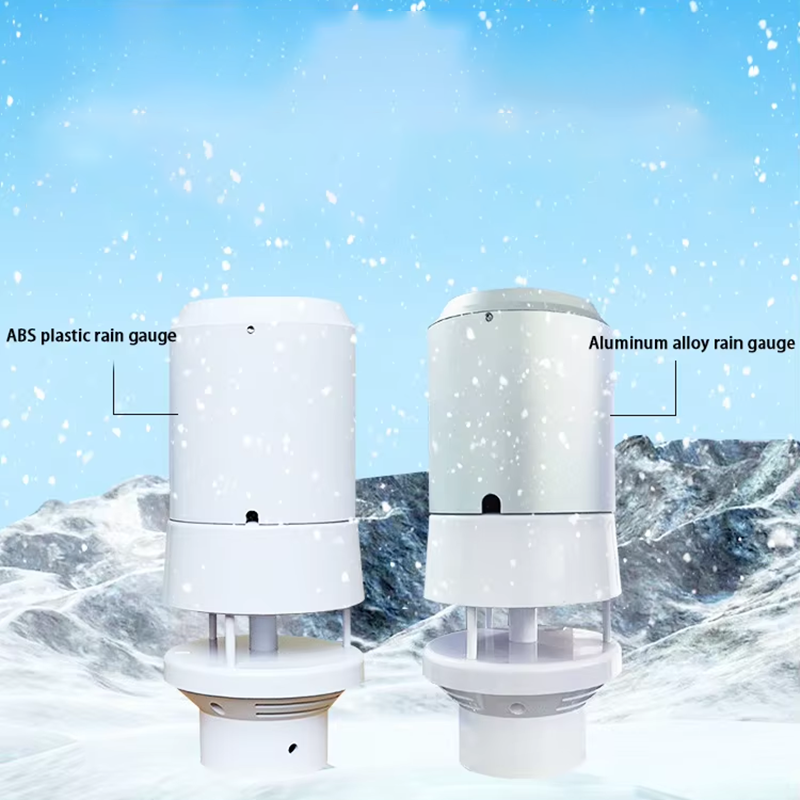With the development of digital agriculture and the intensification of climate change, precise meteorological monitoring is playing an increasingly important role in modern agriculture. Recently, many agricultural production units have begun to introduce meteorological stations equipped with rain gauges to enhance the monitoring capacity of precipitation and the scientific management of agricultural production.
As an efficient meteorological monitoring device, the weather station equipped with a rain gauge can collect precipitation data in real time, helping farmers implement precise irrigation and scientific fertilization. With accurate precipitation data, agricultural producers can better formulate crop growth plans and effectively improve the efficiency of water resource utilization.
Enhance the scientific nature of agricultural decision-making
In a pilot project, a certain agricultural cooperative in Thailand installed weather stations equipped with rain gauges in its farmland. By collecting precipitation data, farmers can promptly understand the intensity and duration of each rainfall. These data help them accurately determine the irrigation time and water usage, avoiding the impact of overwatering or drought on crops.
The head of the cooperative said, “Through this equipment, we can not only reduce the waste of water resources, but also significantly increase the yield and quality of crops.” In the past, we usually relied on experience to decide on irrigation, and problems of either insufficient or excessive irrigation often occurred.
Addressing the challenges brought about by climate change
The irregular weather caused by climate change has put increasing pressure on agricultural production. Meteorological stations equipped with rain gauges can help farmers deal with extreme weather in a timely manner by monitoring precipitation in real time. For instance, during the dry season, timely understanding of precipitation conditions can enable farmers to adjust their irrigation strategies. During the rainy season, understanding the precipitation can help prevent soil erosion and the occurrence of pests and diseases.
Promote the intelligence of farmland management
In addition to precipitation monitoring, meteorological stations equipped with rain gauges can also be linked with other meteorological sensors (such as temperature, humidity, wind speed sensors, etc.) to form a complete agricultural meteorological monitoring system. Through data integration and analysis, farmers can obtain comprehensive meteorological information on farmland, further enhancing the intelligent level of farmland management.
Experts point out that this kind of intelligent monitoring equipment is of great significance in improving agricultural production efficiency, reducing resource waste, and responding to climate change. In the future, its wider application and promotion in various regions will provide strong support for food security and sustainable development.
Conclusion
Meteorological stations equipped with rain gauges have injected new vitality into modern agriculture, providing farmers with precise meteorological monitoring data and facilitating scientific management and sustainable development of agricultural production. With the continuous advancement of technology and the expansion of its application scope, future agriculture will be more intelligent and efficient, providing an important guarantee for addressing global food challenges.
For more weather station information,
please contact Honde Technology Co., LTD.
Tel: +86-15210548582
Email: info@hondetech.com
Company website: www.hondetechco.com
Post time: Jul-04-2025


